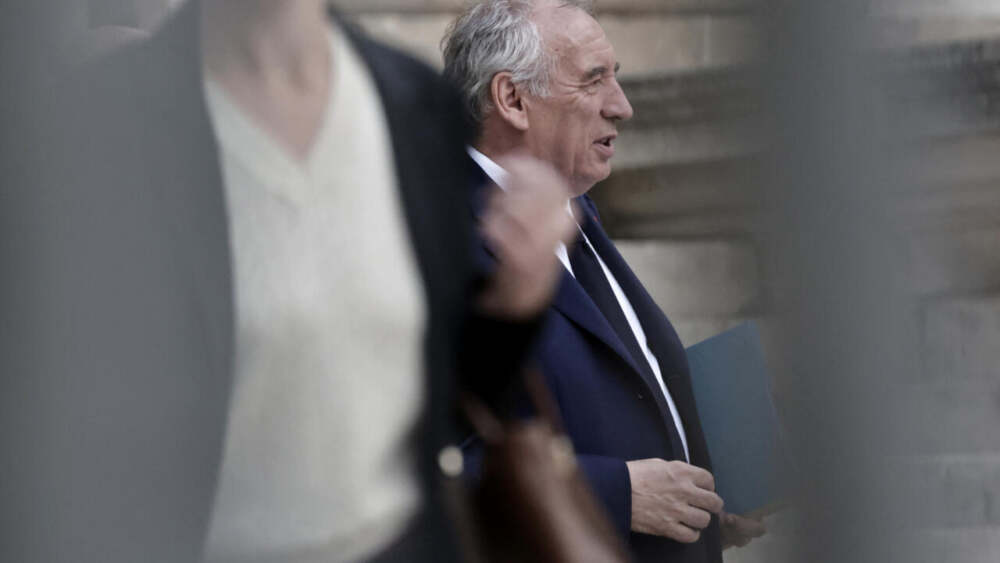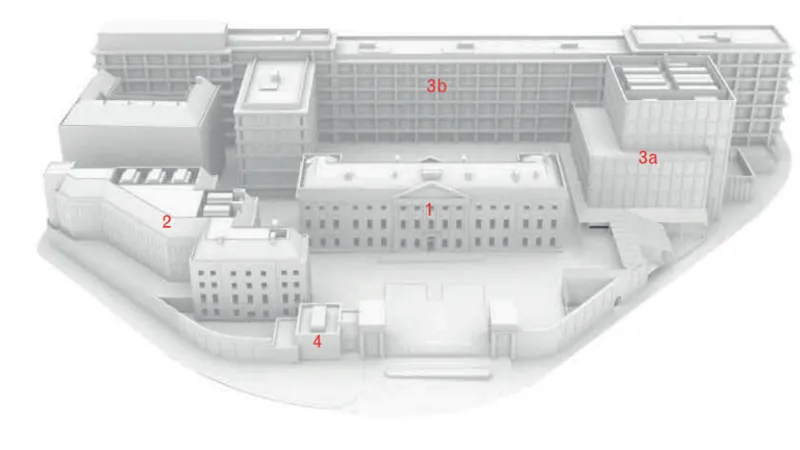Paris, September 9, 2025 — France has plunged deeper into political turmoil after Prime Minister François Bayrou was forced to resign when his government lost a dramatic no-confidence vote in parliament. The defeat marks yet another collapse in President Emmanuel Macron’s troubled effort to govern with a fractured National Assembly.
Bayrou’s Austerity Gamble
Bayrou, appointed less than a year ago, attempted to push through an ambitious austerity program designed to slash public spending by tens of billions of euros. The plan included cutting social benefits, freezing public sector wages, and scrapping certain national holidays. He framed the package as essential to curbing France’s soaring debt, which has reached more than 114 percent of GDP.
But the measures triggered outrage across the political spectrum. Left-wing parties denounced the plan as an attack on workers and the vulnerable, while right-wing lawmakers condemned it as a threat to national identity and social cohesion. The backlash culminated in a crushing parliamentary defeat: 364 lawmakers voted against Bayrou, with only 194 in support.
Macron in Crisis
The collapse of Bayrou’s government leaves President Macron scrambling to appoint yet another prime minister. Since last year’s snap elections, France has cycled through a series of short-lived leaders, each unable to build consensus in the divided legislature. Bayrou’s fall is the fifth such resignation in less than two years, underscoring the deep instability gripping the French political system.
Macron now faces a daunting challenge: securing approval for the 2026 budget. Without a functioning government, the country risks sliding into economic paralysis just as borrowing costs surge and international markets grow wary of France’s financial stability.
Economic Pressure Mounts
France’s debt burden continues to climb, with analysts warning that interest payments could exceed €100 billion annually within the next four years if no corrective action is taken. Bayrou’s austerity package was presented as a last-ditch effort to restore credibility with investors, but its failure has instead intensified concerns about the country’s fiscal direction.
Public Resistance
Beyond the corridors of parliament, public anger is rising. Protest movements have already called for nationwide strikes and demonstrations under the banner “Let’s Block Everything.” Trade unions, student groups, and grassroots activists are uniting against what they see as endless political dysfunction coupled with worsening economic hardship.
What’s Next
Macron has ruled out dissolving parliament or calling new elections, insisting he will complete his term through 2027. However, both far-right and far-left opposition leaders are demanding fresh polls, arguing that only new elections can restore legitimacy.
In the meantime, France remains without a stable government, facing mounting debt, growing social unrest, and a president whose authority is increasingly questioned. The search for a new prime minister capable of building consensus may prove to be Macron’s toughest challenge yet.
















Leave a Reply